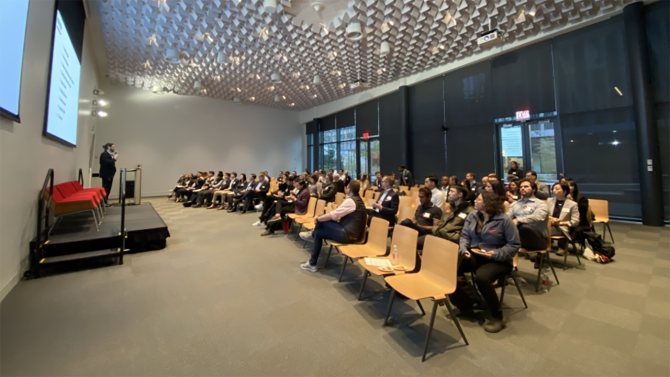Football Australia’s football structural reform took another step forward today with confirmation that the National Dispute Resolution Chamber (NDRC) Regulations have been amended to better reflect the current landscape in Australian football since the unbundling of the professional leagues from Football Australia and the ongoing transformation of the Domestic Transfer System (DTS).
The NDRC is an independent arbitration tribunal and a key pillar of Australian Football’s DTS. It has jurisdiction to hear and determine disputes between clubs and professional players, as well as national team disputes, about employment matters and contractual stability.
Football Australia Chief Executive Officer, James Johnson said the amendments to the NDRC highlights the progress the sport has made on football structural reform.
“This vital step of updating and expanding the National Dispute Resolution Chamber regulations is the latest wave in the ongoing transformation of the Domestic Transfer System which has included the introduction of an aligned Domestic Match Calendar and transfer windows, the removal of the cap on player transfer fees outside of the A-Leagues and most recently, the introduction of loan provisions for professional players,” James Johnson explained.
“Collectively, we anticipate that these changes will promote contractual stability and longer-term contracts. It is therefore imperative that there is an appropriate forum for disputes to be heard should they arise. The revamped National Dispute Resolution Chamber will support the professionalisation of club football in Australia by streamlining dispute resolution between all professional players and clubs, offering an efficient and affordable alternative to traditional courts,” Johnson concluded.
The key tenets of this dispute resolution forum are the principle of equal representation, e.g., club and player representatives, as well as providing a low-cost and efficient mechanism to resolve such disputes.
As part of the DTS transformation process, Football Australia has made two tranches of amendments to the NDRC regulations:
- The necessary amendments reflect the roles and responsibilities since the unbundling of the professional leagues from Football Australia, i.e., to reflect Football Australia’s role of regulator and administrator of the system.
Under the amended NDRC Regulations, Australian Professional Leagues (APL), Professional Footballers Australia (PFA), and Football Australia each nominate at least five representatives to serve as arbitrators for the relevant disputes.
- The expansion of the NDRC now provides a forum for employment and contractual disputes between professional players and clubs in competitions outside of the A-Leagues, which is a significant and important wave of the DTS transformation and will better serve domestic football stakeholders in the professional game.
The NDRC will now include three sub-chambers: one that focuses on the disputes within the A-Leagues; one that focuses on disputes for national team players; and one that focuses on disputes between professional players and clubs outside of the A-Leagues.
These amendments are a result of a consultation process with State and Territory Member Federations undertaken by Football Australia, with unanimous Member Federation support to broaden the scope of the NDRC and provide a dispute resolution mechanism for more professional players and clubs throughout Australia to complement the other domestic transfer initiatives.
As the game continues to professionalise, with more players being signed to professional contracts, more transfers, and more loans domestically, the NDRC provides the framework and process for any disputes to be resolved quickly and fairly.
As part of these amendments, after consultation with the APL and PFA, James Kitching has been appointed as the Chair of the NDRC.
Kitching most recently served as FIFA’s Director of Football Regulatory, where he oversaw all operational aspects of the football transfer system, and among other matters, led the teams which developed the FIFA Football Tribunal (upon which the NDRC model is based), the FIFA Clearing House, and the new FIFA football agent regulatory framework.
Kitching has worked in international sports governance for the past decade, spending five years at the Asian Football Confederation as Head of Sports Legal Services, and sits on several international and national sports dispute bodies, including as Chair of the Badminton World Federation Independent Hearing Panel.
Football Australia is currently in the process of confirming the appointments of the updated Roster of Arbitrators of the NDRC.
The new Football Australia National Dispute Resolution Chamber Regulations will be posted on www.footballaustralia.com.au within the next few days.








